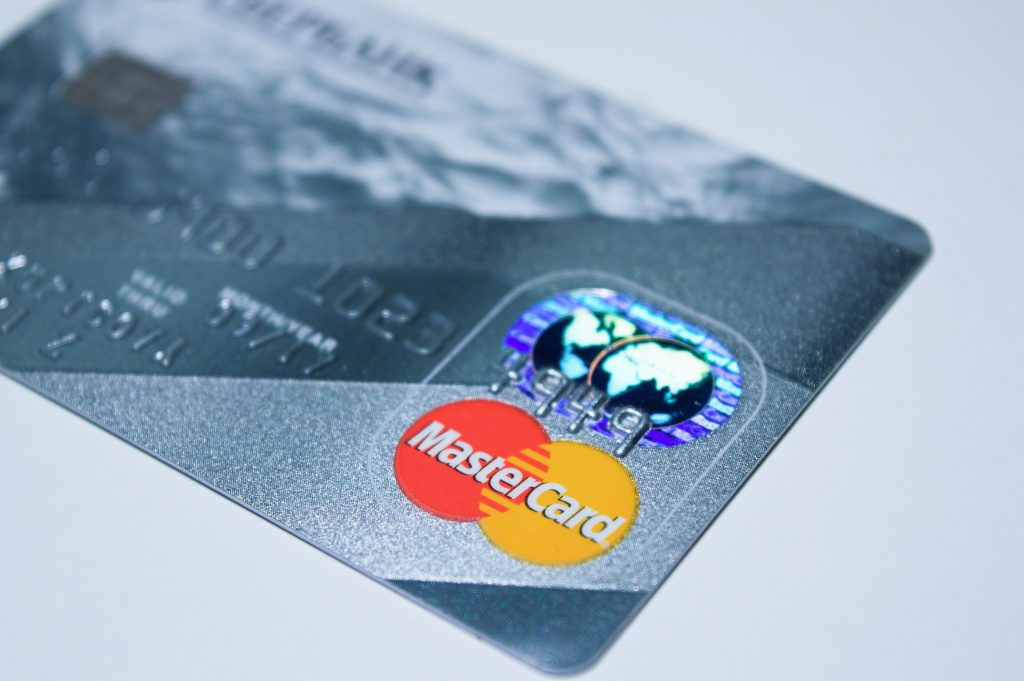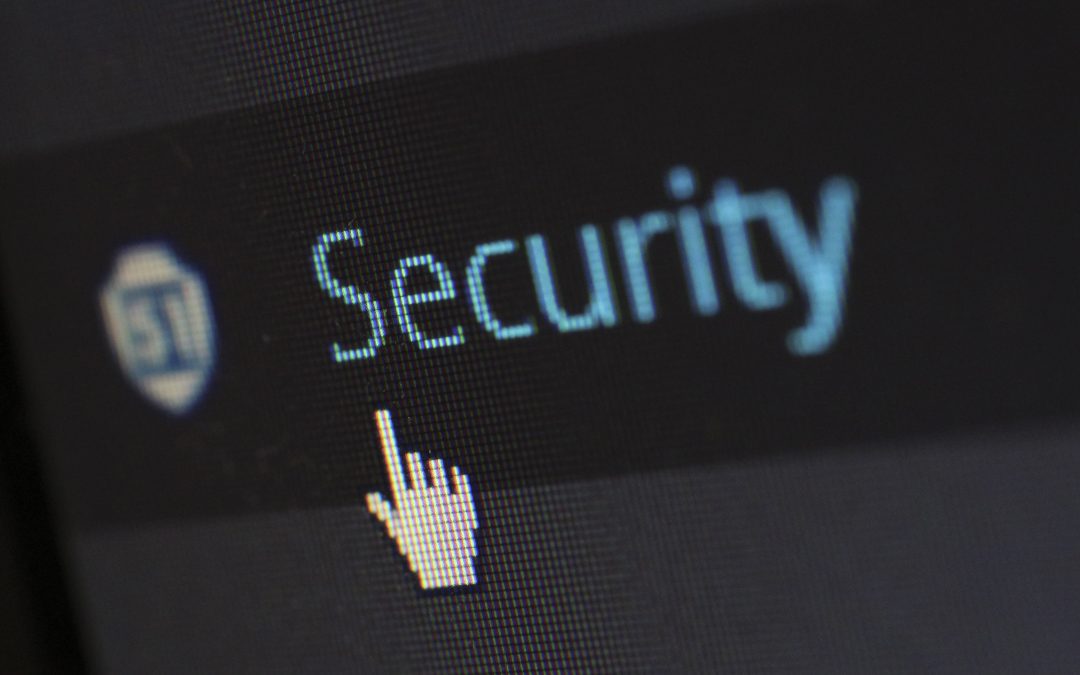It seems that today’s electronic age is a breeding ground for scam artists. From spoof caller id calls, to identity theft, to account theft. The types and attempts appear to be endless.
Ultimately most scams can be beaten with a combination of basic common sense while slowing things down. The scam artists want you to make a quick decision by clicking on a link or entering a password without thinking. This is easy nowadays as we are often in a rush.
Instead of falling for the temptation of the phishing email, pick up the phone and call the legit company that is supposedly emailing you out of the blue. By calling directly and ignoring the email you can quickly confirm if their email request is real or a scam. Be sure to call the legit number for the company, NOT the number included with the email.
Robo calls

Robo scam phone calls have hit a new high. It doesn’t matter if you have a cell phone or a land line. The scammers have also figured out also how to present a fake caller id. In other words, the number and name you see on your caller id might not be correct. They have figured out how to trick the system. For example, your caller id might say “Internal Revenue Service” where the scammer says they are from the IRS and that you need to pay them right away or you will be arrested. The fake caller id appears legit which is why it is effective for them.
One of the best defenses you have against these types of calls is to not pick up the phone at all. A good policy is to only pick up a call if you recognize the number as being someone you know. If not, just let it go to voice mail. These callers rarely if ever leave a voice mail. They want to get you live on the phone so they can intimidate you to do pay them money or give them information they can use to steal. In this example, if they do leave a voice mail about the IRS demanding money, and you want to assure yourself it is not legit, then just call the IRS and find out.
More information on Robo Calls here
Identity Theft
Identity theft is another big problem. If someone is able to successfully impersonate you they can borrow or spend money as if they are you and you could be stuck with the bill and waste lots of time and money to prove the spending was by an impostor and not you.
One of the best ways to stop identity theft is to freeze your credit with the three major credit bureaus. The credit bureaus are companies that collect data on your credit worthiness (Transunion, Experian & Equifax). Businesses and lenders report your credit usage and on time payment history which is used in a formula to determine your credit score. The Credit Bureaus then sell this information to other businesses who are considering loaning you money. Businesses use this information to make an informed decision before giving you a loan or credit.
By freezing your credit you prevent any new borrowers from borrowing as if they are you because they will be unable to post a new credit inquiry to your account. They will be stopped in their tracks. You control the ability of others to post to your account by temporarily unfreezing your credit or by providing a temporary code. Freezing your credit is superior to credit monitoring because a credit freeze prevents someone from borrowing as if you. Credit monitoring only tells you after it has happened.

Credit & Debit Cards
One advantage of credit cards is that you are not responsible for the charges if you report a fraudulent charge to your credit card company in a timely manner. I like using text alerts so that I know immediately when my card is charged. If you don’t recognize the charges you can immediately call the credit card company and take care of it.
Credit cards are superior to debit cards in that regard because debit cards reach immediately into your bank account. Your entire bank account balance is at risk (or more if you have overdraft protection). My recommendation is to keep excess funds in a separate savings account not linked to a debit card and to avoid overdraft protection. Overdraft protection is a way for banks to charge you fees. If you use a debit card and you are out of funds then the transaction won’t go through. You might be embarrassed but it won’t cost you big time!

Bank and Investment Accounts
Please be diligent and don’t be in a hurry when it comes to your bank and investment accounts. There are a number of things you should keep in mind to protect your hard earned income.
Avoid doing any online investment or banking activity from public wifi such as at hotels and airports. Scam artists can pick up your data no problem! Use your phone (turn off wifi) or use a VPN (virtual private network) for your PC. This is very important.
Also make it hard and slow to log in. Use dual authentication which usually involves a text to your cell or an email. This deters criminals and ensures you are the one logging in. If your investment company provides a security key process you should use that as well. This is even better security to prevent hackers from getting to your accounts.
You should consider using a dedicated Chromebook or PC just for financial transactions. This device would only be used to do banking and investing. No email or web surfing. By staying off the web and email that will prevent viruses and key logging software from getting on your device.
It’s also a good practice to check your bank and investment accounts at least once a week. This way you can make sure that everything is good. Consider this a financial check in. If you see any usual activity be sure to report it right away!
Passwords
Once again, don’t be in a hurry or do what is easiest. Make your passwords long and use letters, numbers and special characters. Use phrases for stronger passwords rather than just a word.
Some use password managing software. I’m more conservative than that. It makes me uneasy to have one source that can access everything. Many are ok with that but I’d rather not give a third party the keys to the kingdom! Make your own choice that lets you sleep at night.
Use a Shredder
Any documents with your name, address, phone number, account numbers, investment documents, and the like should be shredded instead of thrown in the garbage. You don’t want that type of information floating around. Get a good shredder and use it for documents containing anything personal. Generic items can go in the regular recycling but don’t make it easy for anyone to know where you bank or have investments.
Protect your Social Security number
Years ago your social security number was everywhere. It was so convenient for businesses to use that number rather than issue you a unique number for their purposes. Over time it became obvious how dangerous this is for your personal identity security. In recent years there is a big push not to handle social security numbers.
Be sure to politely but persistently challenge anyone that wants your social security number. There are some legit reasons such as checking your credit worthiness. As a general rule I always leave the SS# field blank on any forms I am asked to fill out. I wait until they ask for it again and then I politely as why. In many cases no one ever asks.
In Summary
- Scam artists want you to move fast and make a bad decision. Slow down and don’t click on any links or attachments in emails you didn’t request
- Don’t answer the phone unless you recognize the number
- Freeze your credit to significantly cut down on identity theft risk
- Credit cards are superior to Debit cards when it comes to fighting fraudsters
- Do not use public Wifi when doing anything financial. Use a VPN or secure cell signal with the Wifi turned off.
- Use longer passwords and dual authentication to keep criminals out of your accounts
- Use s shredder to destroy any documents that could tell anyone where you bank or have investments
- Don’t just cavalierly give out your social security number. Make someone ask you for it again with a logical explanation before you provide it.




Ok, total nerd moment but when I was in middle school I basically created my own easy to remember code language.
Think stuff like switching out vowels for numbers, writing one letter before the letter you mean, etc. This has been completely useless except for when it comes to generating new passwords! For different levels of accounts, a slight tweak in the password is all you need to generate a secure and different login!
Great list of things to look out for!!
Thanks! I like the unique code idea. Reminds me of the book Unlimited Memory where the author Kevin Horsley creates a code letter for each of the numbers 0 to 9. By doing that he is able to memorize long strings of numbers by converting the numbers to letters and then words. He used a technique similar to this to memorize the first 10,000 numbers of pi.